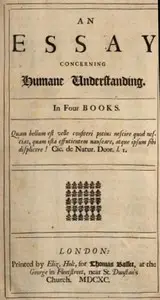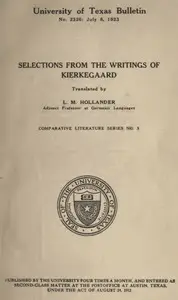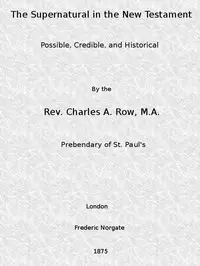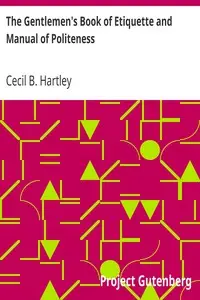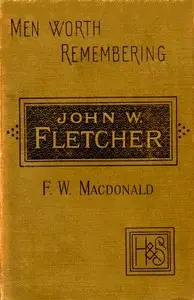"Second Treatise of Government" by John Locke is a key text that challenges the idea that rulers are chosen by God and argues for a government based on the agreement of the people, emphasizing that everyone is born equal with rights that must be protected by the state, turning away from old ideas of inherited power towards the concept of a society where the government exists to serve the common good.

Second Treatise of Government
By John Locke
A groundbreaking argument against the idea of divinely appointed rulers asserts the rights of the individual and the necessity of a government formed by the consent of the governed.
Summary
About the AuthorJohn Locke was an English philosopher and physician, widely regarded as one of the most influential of Enlightenment thinkers and commonly known as the "father of liberalism". Considered one of the first of the British empiricists, following the tradition of Francis Bacon, Locke is equally important to social contract theory. His work greatly affected the development of epistemology and political philosophy. His writings influenced Voltaire and Jean-Jacques Rousseau, and many Scottish Enlightenment thinkers, as well as the American Revolutionaries. His contributions to classical republicanism and liberal theory are reflected in the United States Declaration of Independence. Internationally, Locke's political-legal principles continue to have a profound influence on the theory and practice of limited representative government and the protection of basic rights and freedoms under the rule of law.
John Locke was an English philosopher and physician, widely regarded as one of the most influential of Enlightenment thinkers and commonly known as the "father of liberalism". Considered one of the first of the British empiricists, following the tradition of Francis Bacon, Locke is equally important to social contract theory. His work greatly affected the development of epistemology and political philosophy. His writings influenced Voltaire and Jean-Jacques Rousseau, and many Scottish Enlightenment thinkers, as well as the American Revolutionaries. His contributions to classical republicanism and liberal theory are reflected in the United States Declaration of Independence. Internationally, Locke's political-legal principles continue to have a profound influence on the theory and practice of limited representative government and the protection of basic rights and freedoms under the rule of law.

![A Theological-Political Treatise [Part IV] by Benedictus de Spinoza](https://cdn.a2-host.cloud/oLEoT01nzb4qmdXej30arzSQ6UapDj-aNEzNc9Ju0qw/rs:fill:215:325:0/g:ce/aHR0cHM6Ly9zcC1hc3NldHMuczMudXMtd2VzdC0wMDQuYmFja2JsYXplYjIuY29tL2Jvb2svOTkyL0FfVGhlb2xvZ2ljYWxQb2xpdGljYWxfVHJlYXRpc2VfUGFydF9JVl9jb3Zlci5qcGc.webp)



![A Theological-Political Treatise [Part III] by Benedictus de Spinoza](https://cdn.a2-host.cloud/Z1swC-iyRPdO0w24Vbpj6PEYPdrMXm_reky7g0_GFnk/rs:fill:215:325:0/g:ce/aHR0cHM6Ly9zcC1hc3NldHMuczMudXMtd2VzdC0wMDQuYmFja2JsYXplYjIuY29tL2Jvb2svOTkxL0FfVGhlb2xvZ2ljYWxQb2xpdGljYWxfVHJlYXRpc2VfUGFydF9JSUlfY292ZXIuanBn.webp)



